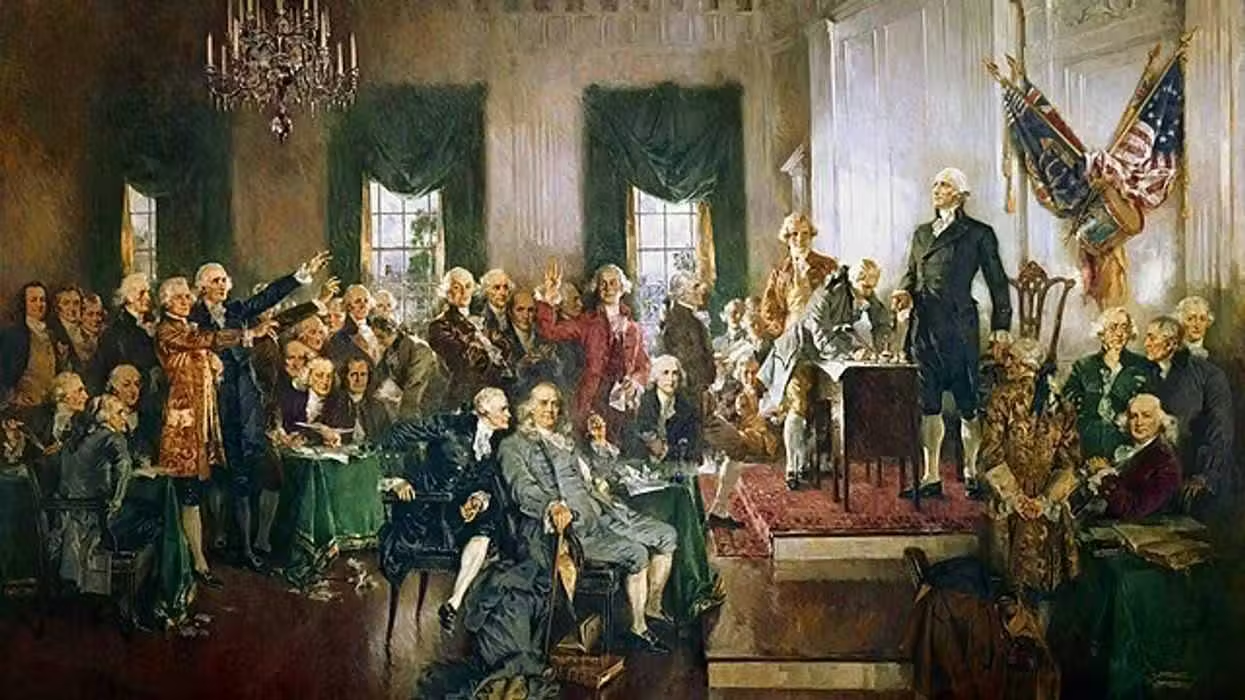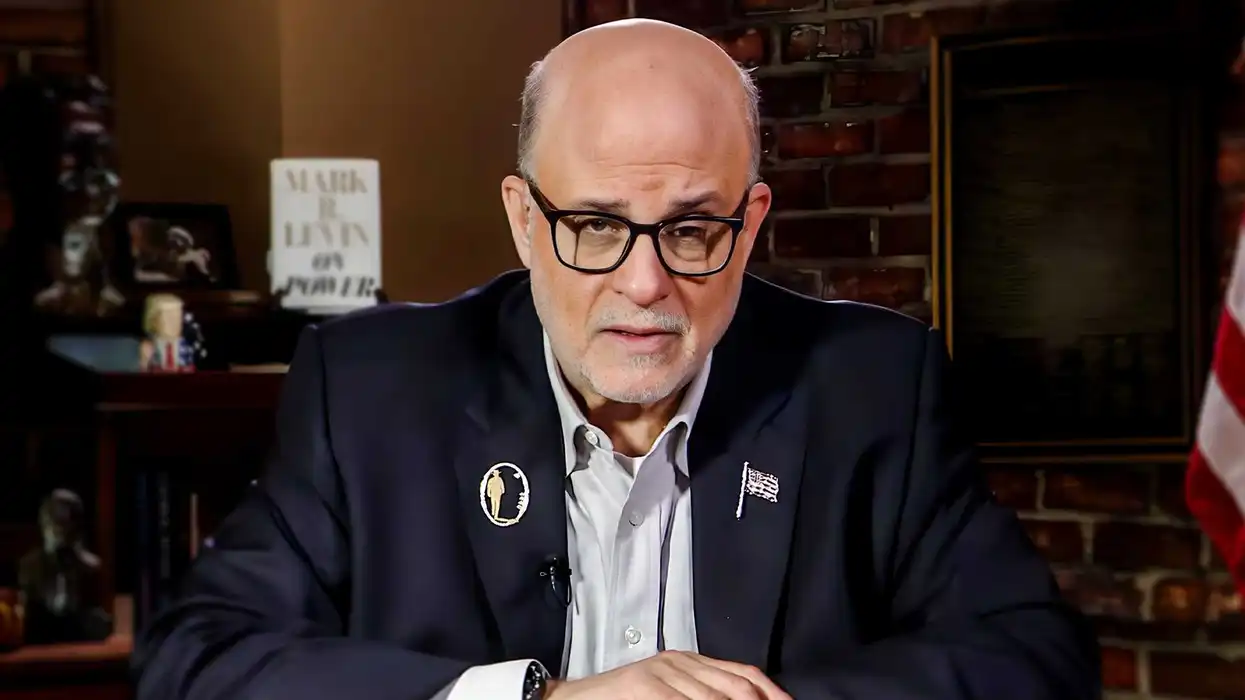A prominent Catholic leader is dismissing media reports and speculation that the Catholic Church is preparing for a major "pastoral earthquake" when it comes to addressing controversial issues like premarital sex, divorce and gay marriage.
Cardinal Timothy Dolan, who is in Rome to participate in the Synod of Bishops on the Family, which ends Sunday, appeared on SiriusXM's Catholic Channel Monday to discuss the purpose of the meeting and to respond to media coverage surrounding it.
Commenting specifically on a working document — titled "Relatio post disceptationem" — that has been put together by Catholic clerics handpicked by Pope Francis in an effort to review Catholic teaching on the family, Dolan said that the media might be arriving at some "inaccurate conclusions."
The faith leader explained that some synod participants had worried that the media would misinterpret the document after it was released and that, contrary to what is being reported, he hasn't experienced anything akin to a theological "earthquake" while participating in meetings.
 Cardinal Timothy Dolan, left, Archbishop of New York and President of the United States Conference of Catholic Bishops, speaks with Hartford Archbishop Daniel Cronin, at the USCCB's biannual meeting Wednesday, June 13, 2012, in Atlanta. (AP/David Goldman)
Cardinal Timothy Dolan, left, Archbishop of New York and President of the United States Conference of Catholic Bishops, speaks with Hartford Archbishop Daniel Cronin, at the USCCB's biannual meeting Wednesday, June 13, 2012, in Atlanta. (AP/David Goldman)
"We had a great conversation on this relatio, which is a draft, an attempt to kind of sum up what was said by the bishops of the world last week," Dolan told co-host Father Jonathan Morris. "It was very honest and many of the bishops said, oh, this is a great draft, a good idea, but it’s not the final word and we’re going to have a lot to say about it."
Donan acknowledged that some said during the meeting that the final statement will need to be "more assertive about the timeless teaching of the church."
"I didn’t see anything earthquake," he said. "It’s pretty much the teaching of the Church that while any acts, any sexual acts outside the loving, faithful, life-giving bond of a man and a women in marriage is contrary to what God intends – that’s timeless Church teaching – but on the other hand we treat people that are unable to live up to that teaching with immense dignity and respect."
These are sentiments that the cardinal said have always been a part of Catholic teaching.
Archbishop Ignatius Kaigama of Nigeria, who appeared on the same broadcast, explained that the Synod of Bishops on the Family is a year-long conversation — and one that will culminate in another meeting next October in Rome.
Kaigama specifically noted that the meeting isn't a referendum in which faith leaders vote on specific proposals, with Dolan echoing that laws and doctrine won't change as a result of this year's synod.
"It’s a discussion, a conversation about our faith. And it is a year-long conversation because we are having another synod in October next year," Kaigama said. "What we decide or talk about now is also going to be part of what we shall talk about in a year’s time."
Listen to their comments below:
The "pastoral earthquake" term comes from Vatican expert John Thavis, who recently wrote the following on his blog (read his extensive coverage here): "In pastoral terms, the document ... represents an earthquake, the 'big one' that hit after months of smaller tremors."
Considering that the "Relatio post disceptationem" deals with some controversial subject matter, it's no surprise — particularly in light of changing views on some social issues — that the church's discussion of these subjects is gaining attention.
Consider, for example, what the working document says about homosexuality:
Homosexuals have gifts and qualities to offer to the Christian community: are we capable of welcoming these people, guaranteeing to them a fraternal space in our communities? Often they wish to encounter a Church that offers them a welcoming home. Are our communities capable of providing that, accepting and valuing their sexual orientation, without compromising Catholic doctrine on the family and matrimony?
The question of homosexuality leads to a serious reflection on how to elaborate realistic paths of affective growth and human and evangelical maturity integrating the sexual dimension: it appears therefore as an important educative challenge. The Church furthermore affirms that unions between people of the same sex cannot be considered on the same footing as matrimony between man and woman. Nor is it acceptable that pressure be brought to bear on pastors or that international bodies make financial aid dependent on the introduction of regulations inspired by gender ideology.
Without denying the moral problems connected to homosexual unions it has to be noted that there are cases in which mutual aid to the point of sacrifice constitutes a precious support in the life of the partners. Furthermore, the Church pays special attention to the children who live with couples of the same sex, emphasizing that the needs and rights of the little ones must always be given priority.
As stated, the document is a work in process and won't be completed in its final form until after next year's synod, with the final results likely coming in early 2016, according to AFP.
As TheBlaze previously reported, it isn't likely that the Catholic Church will change its theological views on sex, divorce and homosexuality, though it's possible that the approach to these issues could be adjusted.
Read the "Relatio post disceptationem" in its entirety here.

 Cardinal Timothy Dolan, left, Archbishop of New York and President of the United States Conference of Catholic Bishops, speaks with Hartford Archbishop Daniel Cronin, at the USCCB's biannual meeting Wednesday, June 13, 2012, in Atlanta. (AP/David Goldman)
Cardinal Timothy Dolan, left, Archbishop of New York and President of the United States Conference of Catholic Bishops, speaks with Hartford Archbishop Daniel Cronin, at the USCCB's biannual meeting Wednesday, June 13, 2012, in Atlanta. (AP/David Goldman)





